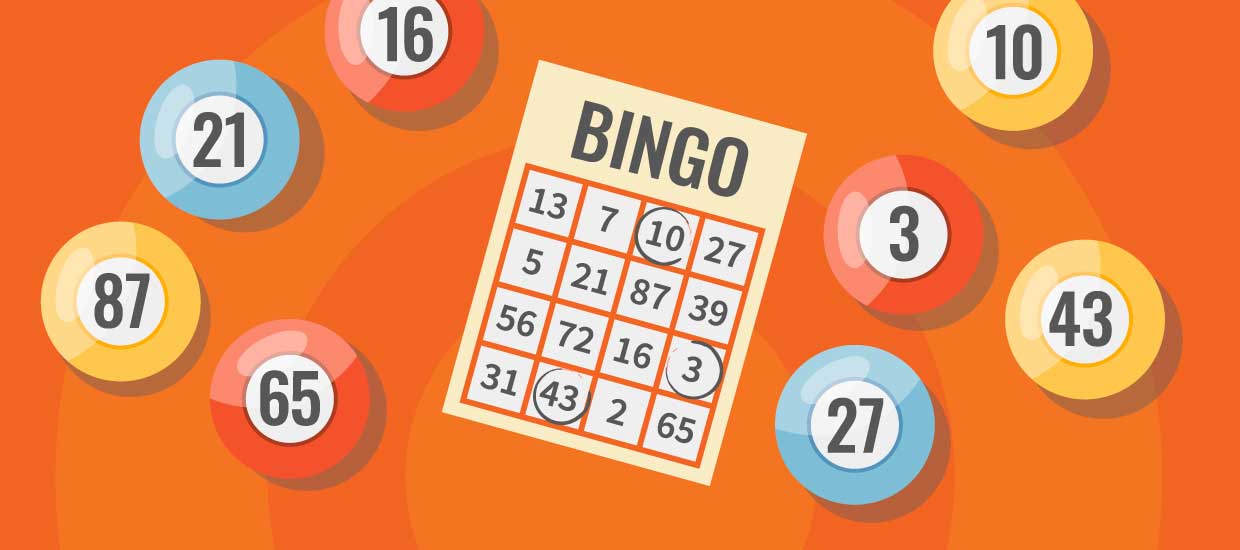How to run a bingo event
A bingo event, either for children or families, is a simple way to raise money for your school

1
Organise a team of volunteers to help plan, run the event and tidy up afterwards. Set a date and decide whether your event is aimed at children, adults, or families. Publicise your event with high-quality, editable A3 posters.
2
Consider what additional entertainment you will put on for the night. Selling food and refreshments can significantly boost your profits, but if you plan to provide alcohol, you may need a licence. Run a cloakroom-style raffle and sell tickets on the night (no licence required). A lucky dip is another way to boost profits – players put £5 into a pot and identify a lucky number. If the selected number is called during the final full house game, the winner collects a prize.
3
Source bingo equipment and whatever else you will need: a cage filled with balls, a bingo caller app or digital bingo machine, a checking board for presenting the selected numbers, sheets and marker pens, tables and chairs, and a PA system. Ask local community groups if they have any equipment you could borrow.
4
Secure some prizes – your prize selection will largely depend on your audience. Run a non-uniform day in return for donations, or ask local businesses to provide prizes – either products or services. Have a big prize for ‘house’ and smaller ones for a line, per game. Note that there is a limit on the size of cash prizes that can be given away – visit the Gambling Commission website for more details.
5
On the night, players sit at tables in front of a caller. Sell bingo sheets to players (usually for between 20p-£1 per sheet). Use a different colour for each game. The caller picks numbered balls, randomly selected, out of a bingo ‘cage’, (or from a Bingo app) and announces the number. As the numbers are called, the players cross the corresponding number off their cards. Each game can have up to three winners: first to complete one line, first to complete two lines, first to complete the full sheet and call ‘house’.
Tips and advice for running a bingo event
Equipment
Keep it traditional with a cage full of numbered balls, or bring things up to date by using a Bingo Caller app or a digital bingo machine. Choose which would best suit you, or what you are able to borrow. Bingo sheets can be bought in books or printed from websites.
Rhyming calls
Calls can vary by region, but we’ve put together a sheet you can download to use as a starting point. Remember to call numbers out like a pro: ‘six and three, sixty-three!’.
Licensing
No gambling licence applies for a bingo event as it falls under the terms of ‘non-commercial prize gaming’, assuming that no proceeds from your event are used for private gain. Admission charges mustn’t exceed an £8 per person limit and prizes must not exceed £600. A TEN is required if you plan to run a bar.
Theme
Bingo is an extremely versatile game and can be tweaked to suit any theme or age group. Think Easter, Christmas, Valentine’s or even a simple ‘chocolate’ bingo where you play for chocolate.
Timings
Allow 15-20 minutes for each full house game (including time to award a prize for a line).
Charging
Most schools charge around £1 for four games. Or for family events, £5 entry to include eight games, a snack (hot dogs and a dessert) and soft drinks.
More on events and activities
- Read more step-by-step event guides
- Virtual fundraising
- Earn while you learn – educational fundraisers
The above is intended as guidance only. We recommend that you contact the relevant organisations with specific reference to insurance, legal, health and safety and child protection requirements. Community Inspired Ltd cannot be held responsible for any decisions or actions taken by a school, based on the guidance provided.
